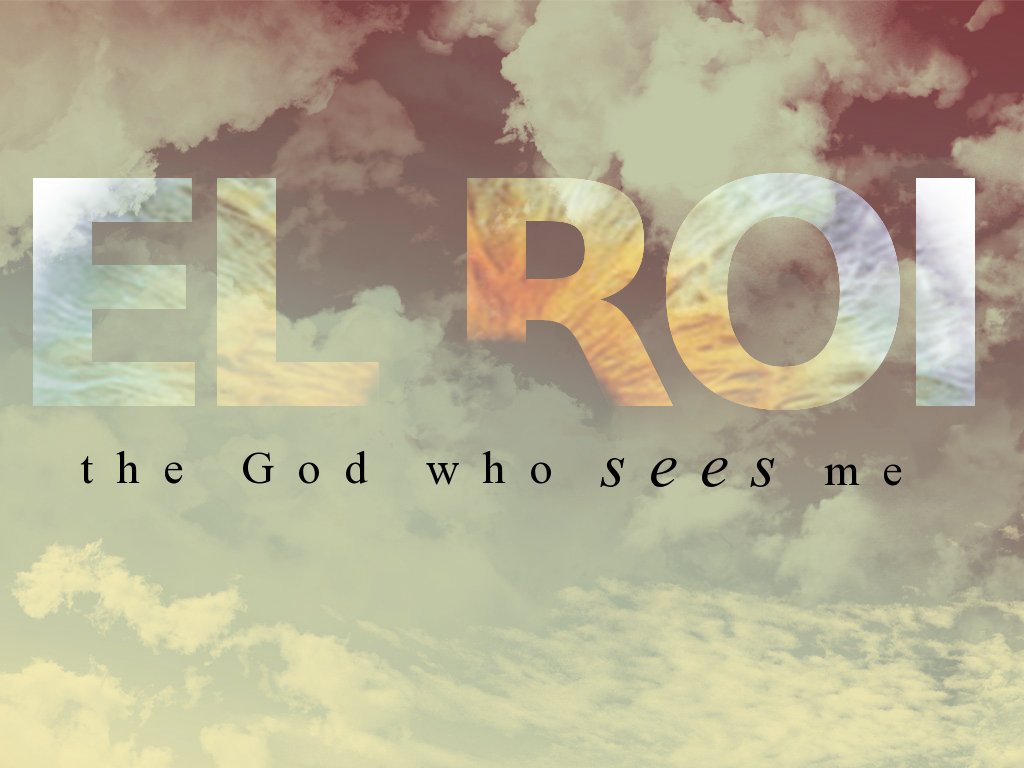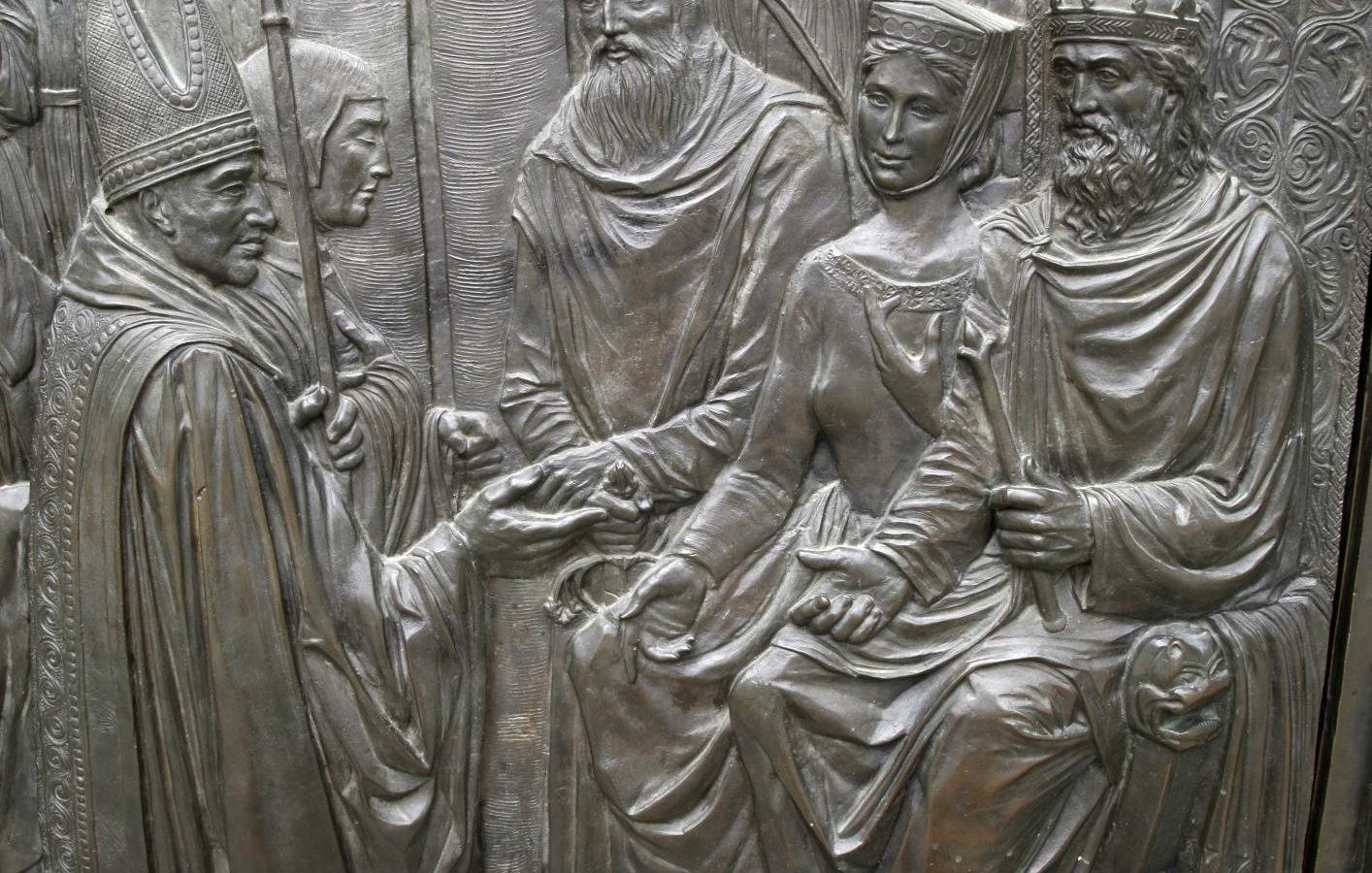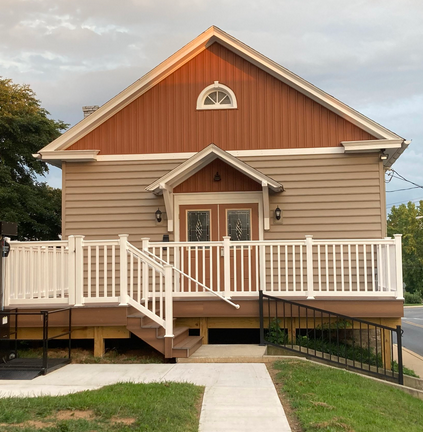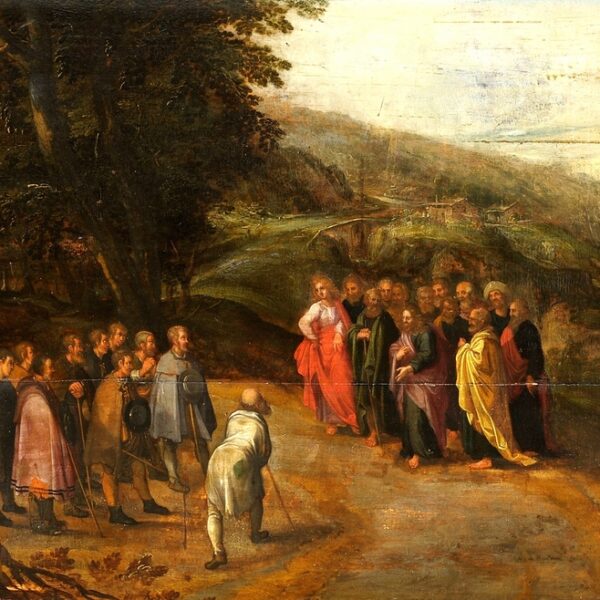Christ’s Government on Earth – The Royal Priesthood

Christ’s Government on Earth – What’s in a Name?
September 20, 2015
Christ’s Government on Earth – The Royal Priesthood (Melchizedek)
October 29, 2015In understanding our identity and authority in Christ, we are able to bring His righteous and life-giving government to earth. Previously, we highlighted what it means to be in covenant with the Almighty, and how the names of God reveal His character and thereby, Who He Is and what He does. Meditating on His names is a form of worship, and in this way we know Him better and He is magnified (becomes bigger) in our eyes.
Our walk with God, and our prayer life in particular, suffer because we forget who we are in Christ. It’s easy to regard ourselves as common. And we are not common. We are in fact royalty.
“From Jesus Christ, the faithful witness, the firstborn of the dead, and the ruler of the kings of the earth. To Him who loves us and released us from our sins by His blood– and He has made us to be kings and priests to His God and Father — to Him be the glory and the dominion forever and ever. Amen.” (Revelation 1:5-6)
Notice in this verse, “[Christ] has made us to be kings and priests.” That is your destiny as a child of God. Notice also in this passage: “Jesus Christ…[is] the ruler of the kings of the earth.” That means that Christ reigns over Barack Obama, Vladimir Putin, Angela Merkel, David Cameron, Hassan Rhouhani and every other “supreme power” on earth.
“But you are A CHOSEN RACE, A royal PRIESTHOOD, A HOLY NATION, A PEOPLE FOR God’s OWN POSSESSION, so that you may proclaim the excellencies of Him who has called you out of darkness into His marvelous light.” (1 Peter 2:9)
Isn’t that a great verse? Every time I read that verse I want to stand up and do a cheer. Notice again, you are a Royal Priesthood.
What does it mean that you are a royal priest?
Royalty means that we have AUTHORITY and priesthood means that we have ACCESS.
The role of a king is to rule or reign. The role of the priest is to offer sacrifices.
In scripture, priests were the only ones permitted to approach God; apart from the priesthood, no one could offer a sacrifice to God.
Have you stopped to think that God is unapproachable except through Christ, and therefore only members of the priesthood can access God? Now, I believe that God is eager to reveal Himself to anyone who cries out to Him who is still outside the kingdom. But not just anyone can come into the presence of God. It is only His priests who have access.
Priests came from the tribe of Levi. Kings came from the tribe of Judah (Jesus is described in Revelation as the Lion of the tribe of Judah). When the law was given, which was an inferior covenant (see 2 Cor. 3), the priesthood went to the tribe of Levi. Kings came from the tribe of Judah. These were two separate offices, with two separate functions. The two could not cross over. Two kings tried to offer God sacrifices: King Saul lost his kingdom, and King Uzziah was stricken with leprosy.
There is great value in studying the Levitical priesthood and the duties of the priests: what they had to wear, how they had to wash, and all their many duties. When I was a kid, my parents gave me incentives to read through the Bible, and I remember thinking Leviticus was the most dull and repetitive book within it; I couldn’t see why God had included it. Now, I find Leviticus wonderfully exciting because in studying the role and function of the priest – the incense, the fire kept burning on the altar, the breastpiece bearing the names of God’s people – we get a breakdown of how exciting and detailed this office is, and how greatly important it was. No one was allowed to be priests except the Levites, and you had to be born into the Levite clan. A king could not offer sacrifices on behalf of the people, and a king could not go into the holy of holies. What access we’ve been given through Christ! How privileged we are to stand in this role!
The other value I see in studying the Levitical priesthood of the Old Testament is to see what Christ saved us from – that is, what I consider the tedium and the mess of following the law down to the last jot and tittle. If I want to talk to God – be right there in His presence – I don’t have to take a shower first, put on certain clothing, and wait for a certain day. I don’t have to hunt through my flock of sheep with all their ticks and dirty wool to see which one qualifies as unblemished. I don’t have to kill it and catch its blood and burn certain portions and discard the rest, or hope after I’ve gotten all the other details squared away that my sacrifice is actually accepted by God (omission of the right clothing such as the bells the high priest wore on his garment – or the wrong offering such as the “strange fire” given by Aaron’s sons carried a death sentence [see Exodus 28:35, Leviticus 10:1] ).
By contrast, our priestly sacrifices are spiritual, and if we’re willing to forgive and confess any sins He brings to mind, we can step right into the Holy of Holies. Amazing!
But the Levitical Priesthood is not the original priesthood. In my next post, we’ll look at the very first priesthood, and how God has restored it.






6 Comments
Enjoy your blogs. I got a little behind because of vacation and baby sitting but just caught up. I especially enjoyed you blog on the names of God! Keep up the good work!
Thanks so much for reading, glad it ministered!
[…] an elite membership called The Royal Priesthood (Revelation 1:5-6, 1 Peter 2:9), as discussed in my last article. But what exactly does that mean, that we are kings and […]
[…] two posts, we took a look at what the Bible says about about the role and functions of both kings and of priests, and how Jesus restored these two offices, that were previously separate. The ministry and person […]
[…] But in Hebrews, we see a contrast between Mt. Sinai (symbolic of the Law, commandments, bondage, and legality) and Mt. Zion (symbolic of God’s dwelling place, the New Covenant, worship, and the priesthood)*: […]
[…] laws. If God’s statutes are not obeyed, there will be dire consequences. If we do not stand in the gap as priests, then the only solution is God’s Wrath. It is becoming increasingly evident that if the […]